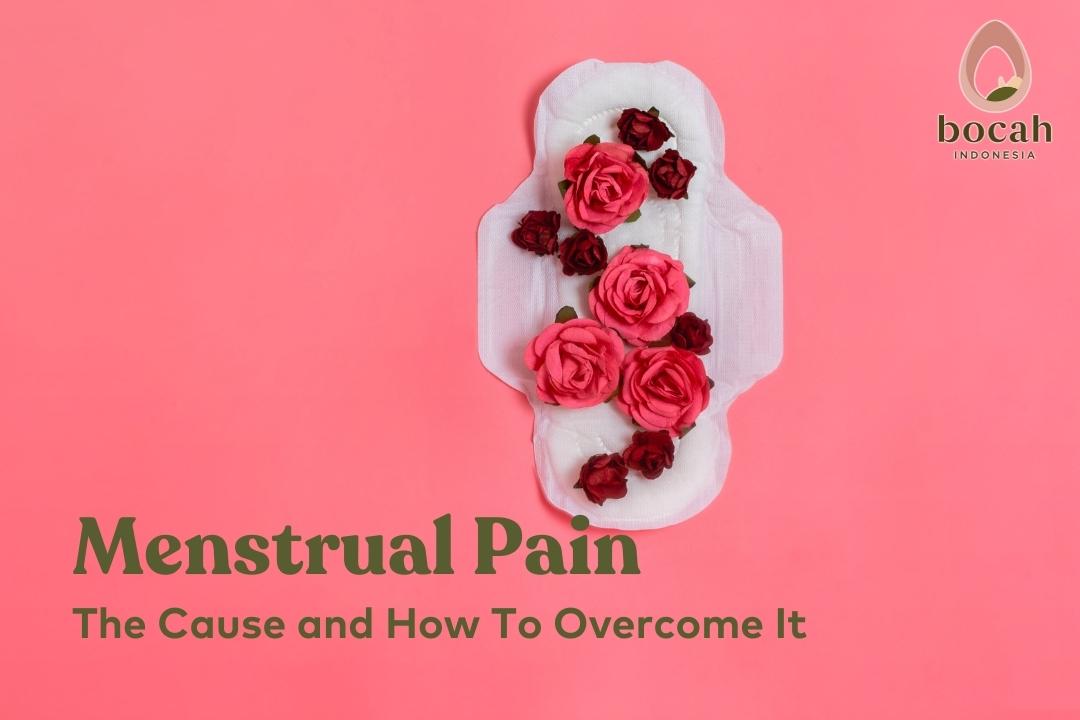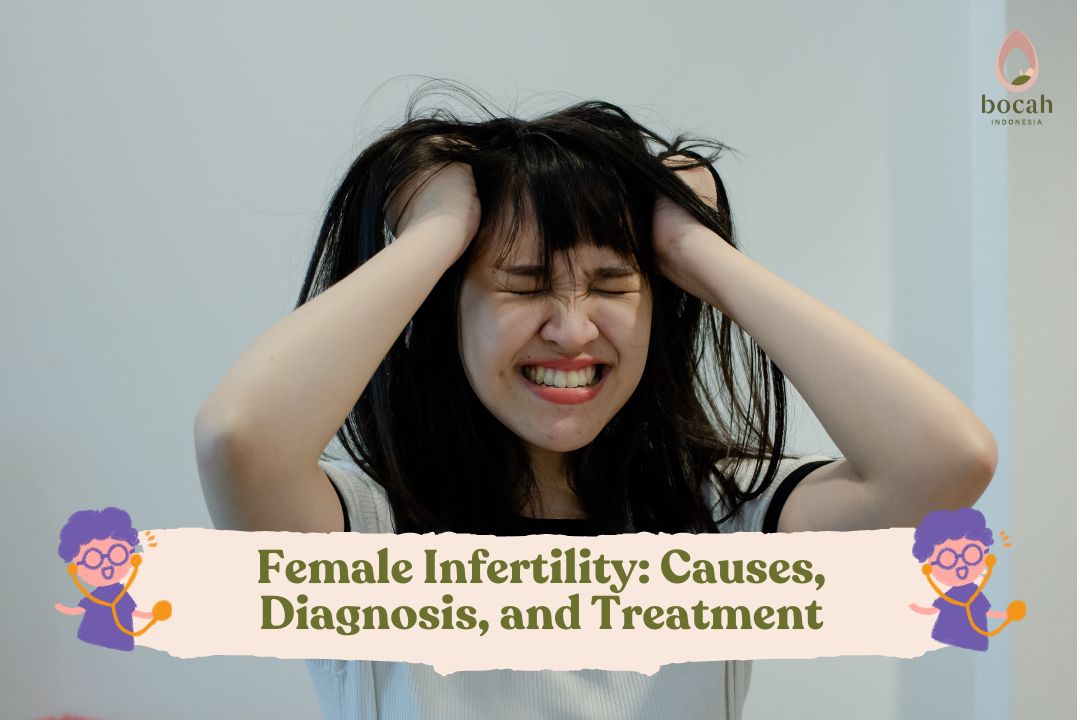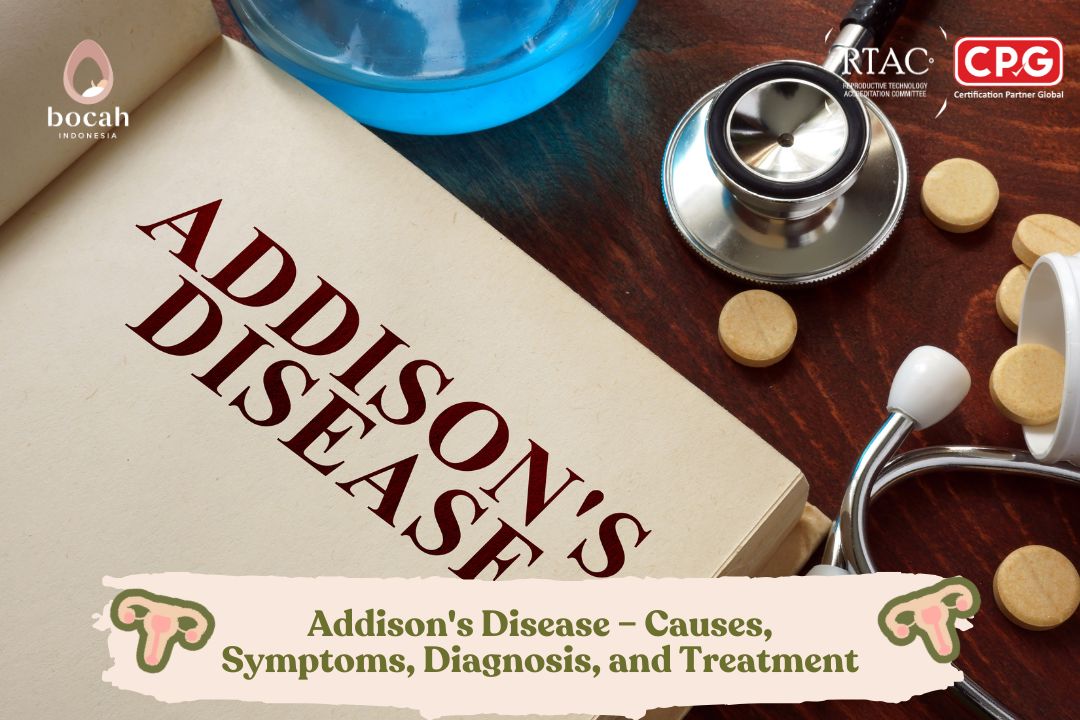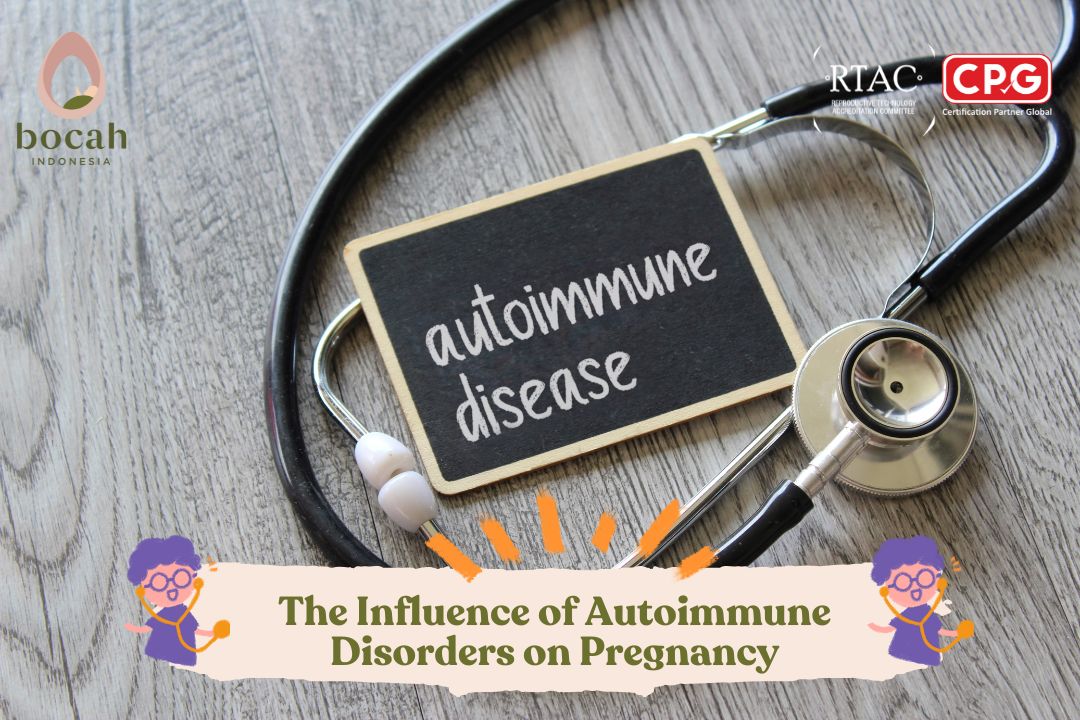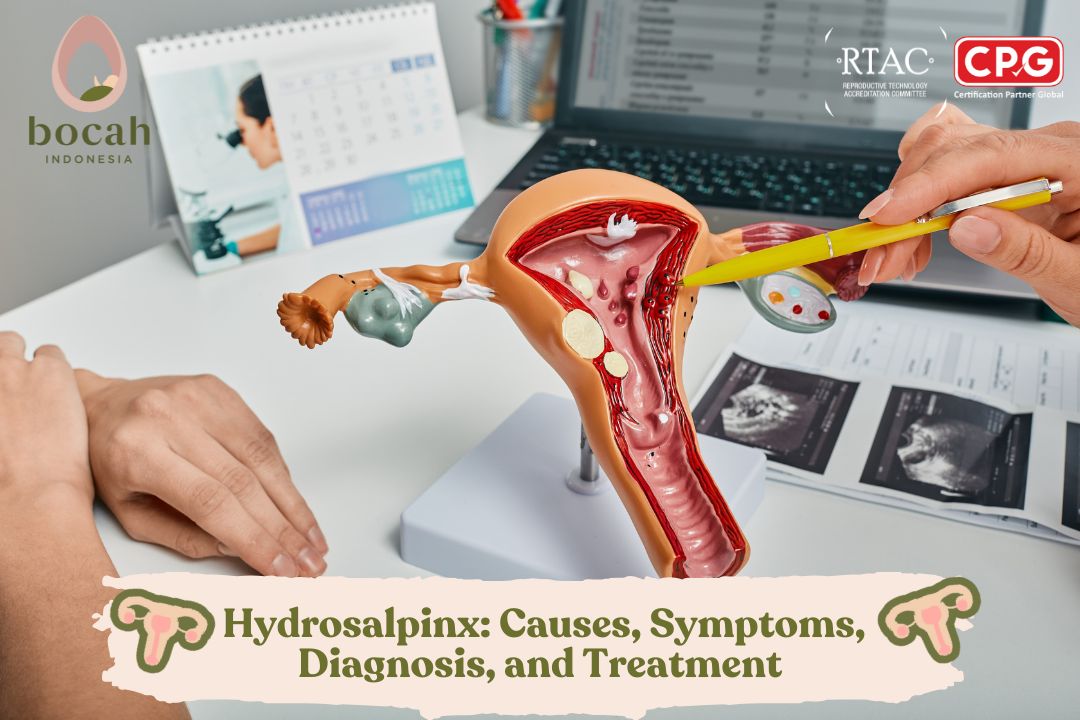Between Dry Womb and Concerns About Side Effects
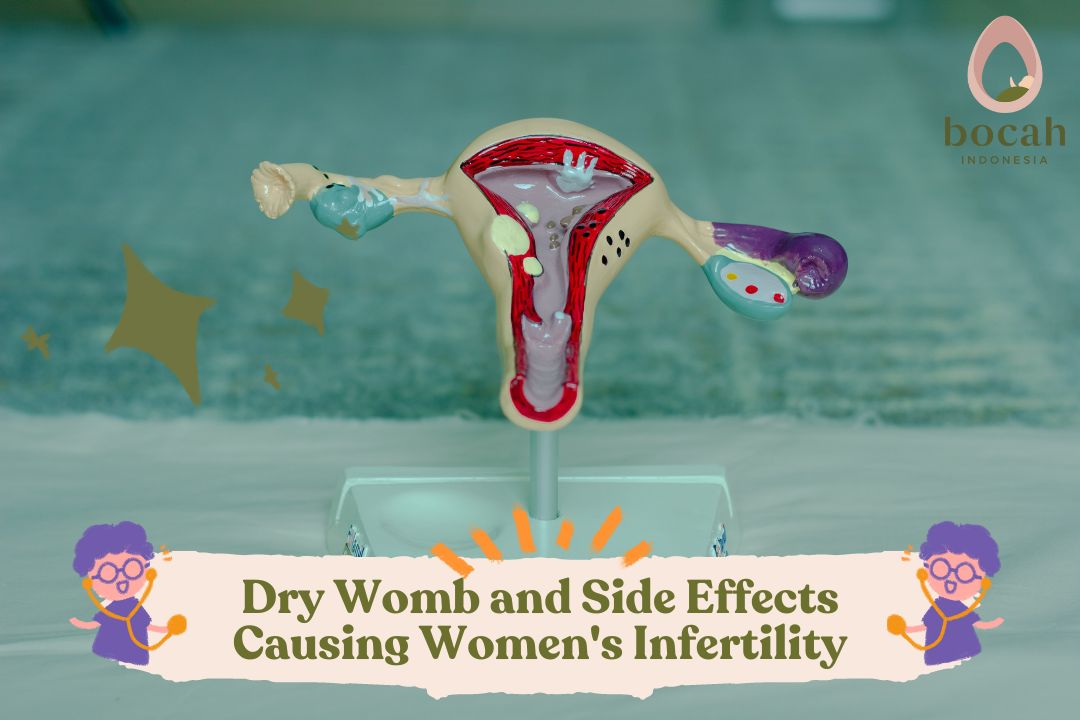
Supposedly, a dry womb condition is one of the causes of women struggling with infertility. So, what is the medical explanation for this dry womb condition? Find the answers here.
The uterus, also known as the womb, serves as the place for fetal growth and development during pregnancy. Several health conditions can affect a woman’s uterus, and one of them is the dry womb condition, which can lead to difficulty in getting pregnant.
The condition known as a dry womb, or uterine dryness, is believed to be a state in which the uterus doesn’t produce sufficient mucus needed to support fertilization and pregnancy. So, what exactly is the dry womb condition?
No Medical Term for Dry Womb Condition
According to several sources, there is no medical term for a dry womb. However, in society, the term “dry womb” is often used to describe infertility or as a sign of menopause.
Infertility in women is one of the reasons for couples struggling to conceive. A woman is considered to have infertility if she hasn’t become pregnant despite regular unprotected intercourse or undergoing fertility treatments for one year or more.
Tanya Mincah tentang Promil?
Infertility can be caused by various factors, including:
- Ovulation disorders
- Hormonal imbalances
- Abnormal uterine anatomy
- Issues with the uterus and fallopian tubes due to infections and inflammations.
Based on the Center for Disease Control and Prevention (CDC), some symptoms of uterine disorders include:
- Irregular periods
- Abnormal vaginal discharge (thick, green or dark-colored, with an unpleasant odor)
- Pelvic pain or discomfort
- Lower back pain
- Difficulty urinating
- Difficulty getting pregnant
Some Uterine Problems in Women Leading to Infertility
Here are some uterine issues that can cause difficulty in conceiving for women and should be promptly addressed with medical attention.
Scar Tissue from Surgery
Pelvic surgeries can result in damage and scarring to the fallopian tubes, which connect the ovaries to the uterus. Cervical surgeries may also lead to scar tissue formation or shortening of the cervix.
Cervical Mucus Issues
During ovulation, cervical mucus becomes thinner to allow sperm to move through it more easily. If there are problems with this mucus, it can hinder fertilization.
Fibroids
The growth of non-cancerous tissue called fibroids inside or around the uterus can affect fertility. In some cases, fibroids can prevent a fertilized egg from attaching to the uterus or even block the fallopian tubes.
Endometriosis
Endometriosis is a condition where small fragments of the uterine lining (endometrium) start growing in other areas, such as the ovaries. This can damage the ovaries or fallopian tubes and lead to fertility issues.
Pelvic Inflammatory Disease
Pelvic inflammatory disease is an infection in the upper genital tract of women, including the uterus, fallopian tubes, and ovaries. It’s usually caused by sexually transmitted infections (STIs). Pelvic inflammatory disease can lead to damage and scarring of the fallopian tubes, making it difficult for eggs to reach the uterus.
Side Effects of Certain Medications
The side effects of certain types of medications can affect your fertility, including:
- Long-term or high-dose use of nonsteroidal anti-inflammatory drugs (NSAIDs) like ibuprofen or aspirin can make it harder to conceive.
- Drugs used in chemotherapy can sometimes cause ovarian failure, meaning your ovaries won’t function properly.
- Neuroleptic drugs, antipsychotic medications often used to treat psychosis, can lead to missed periods or infertility.
- Spironolactone is a type of medication used to treat fluid retention (edema). Fertility should recover about 2 months after stopping spironolactone.
- Illegal drugs like marijuana and cocaine can significantly impact fertility and make ovulation more difficult.
There are other factors that can also contribute to a woman’s difficulty in conceiving, and infertility can also occur in men. To determine the cause of infertility, a medical examination by a doctor is necessary.
Source:
- Medline Plus. Diakses 2023. Uterine Diseases https://medlineplus.gov/uterinediseases.html
- Mayo Clinic. Diakses 2023. Uterine fibroids https://www.mayoclinic.org/diseases-conditions/uterine-fibroids/symptoms-causes/syc-20354288
- Very Well. Diakses 2023. Common Conditions That Can Affect the Uterus https://www.verywellhealth.com/common-uterine-conditions-3521135
- WebMD. Diakses 2023. Cervicitis https://www.webmd.com/women/cervicitis#1
- National Health Service. Diakses 2023. Cause Infertility https://www.nhs.uk/conditions/infertility/causes/
- Center for Disease Control and Prevention. Diakses 2023. Common Reproductive Health Concerns for Women https://www.cdc.gov/reproductivehealth/womensrh/healthconcerns.html


